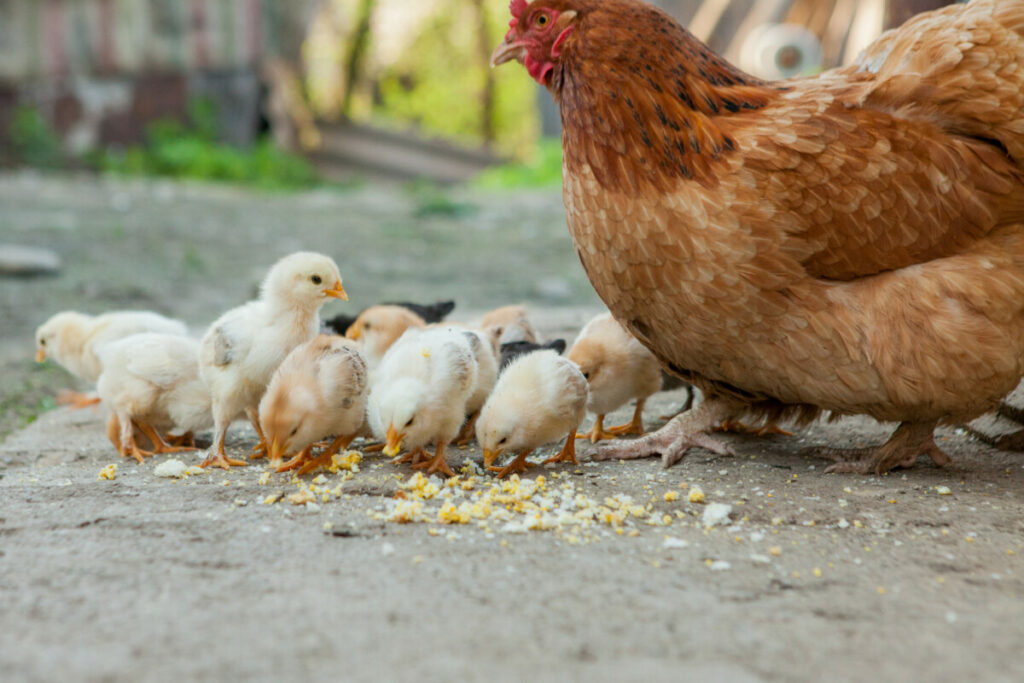
When buying new baby chicks the first couple of days can be super exciting. You get the chance to see these cute balls of fluff totter around, and just be the cutest things in the room. What you do not want to worry about during this time is what you should do if any of these chicks is not eating properly.
The most common reasons that a chick won’t eat are because it’s stressed, or it’s not in the right temperature range. During the first week, baby chicks should be kept in an environment between 90-95°F, decreasing around 5°F per week. Chicks that won’t eat could also have an illness, but this will typically cause other symptoms as well.
While it can be stressful to see that your chicks are not eating, many of the reasons why are easy to solve. With the proper knowledge, you will be able to both treat the cause of the loss of appetite as well make sure that your chicks start to eat again. Here are some tips to help you feed a chick that is refusing to eat, as well as recognize why they are behaving in this manner.
How To Feed a Baby Chick That Won’t Eat
If one of your chicks won’t eat there are a couple of things that you can try. First, if they are young, try scattering feed on the floor of their area. Chicks love to peck at things and may begin eating off of the floor. This can help your chicks build habits and can encourage them to seek out the stores of food within their cage.
If this doesn’t help, or chicks are lethargic or withdrawn you may have to feed them yourself. Follow these steps to feed each chick that is behaving this way.
- Using a dropper put a couple of drops of sugar water in their beak. This will give them a boost of energy. They may start eating on their own after this.
- If not, mix chick feed with water until you have a thin gruel (thin enough to put in a dropper). Put a couple of drops of gruel in the chick’s beak and make sure they swallow. Continue slowly until the dropper is empty.
- If they don’t recover, you can try feeding them raw egg yolk or yogurt, in the same way, using the dropper.
- Chicks that do not respond to these steps or have other symptoms besides not eating should be checked by a vet for potential diseases or parasites.
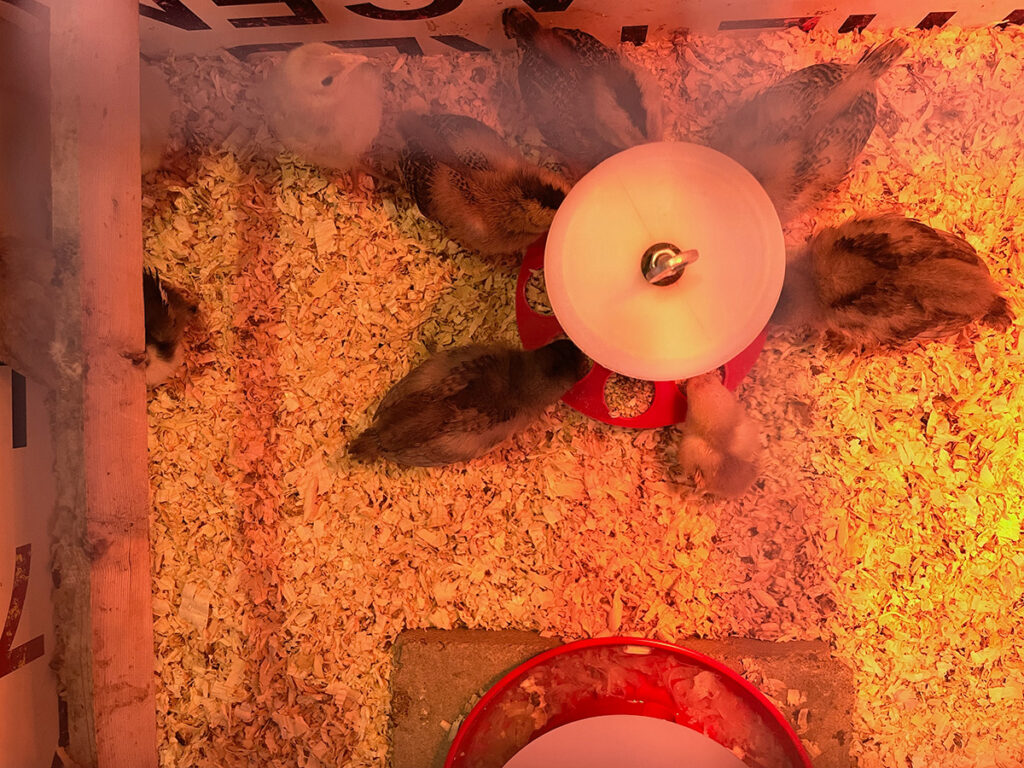
How Long Can Baby Chick Live Without Eating
One thing that you might be wondering is how long a baby chick can survive without eating. While you might be able to go hungry for a couple of meals, or even a full day, will it do any harm to the chick if it does not eat for a day or two?
When baby chicks first arrive at your home they are going to be coming straight from their eggs. As they hatch the chicks will be full of the egg yolk which keeps them fed and hydrated for their first 2 – 3 days outside of their shell. However, this time is generally spent in the mail being shipped to your home, so by the time that they reach your home it is safe to assume that the chicks should be beginning to eat and drink regularly.
Chicks can only go without water for around a day. To ensure that your chicks do not suffer make sure that they always have access to a regular source of water. Chicks can last a bit longer without food, but not much more. Depending on their health and activity baby chicks can survive 2 to 3 days without food, However, especially at a young age not getting food for several days could cause permanent health problems for your chicks.
Check on your chicks every day and note any potential health concerns or chicks that seem unsteady or exhausted. Catching hungry chicks early is the best way to take care of them.
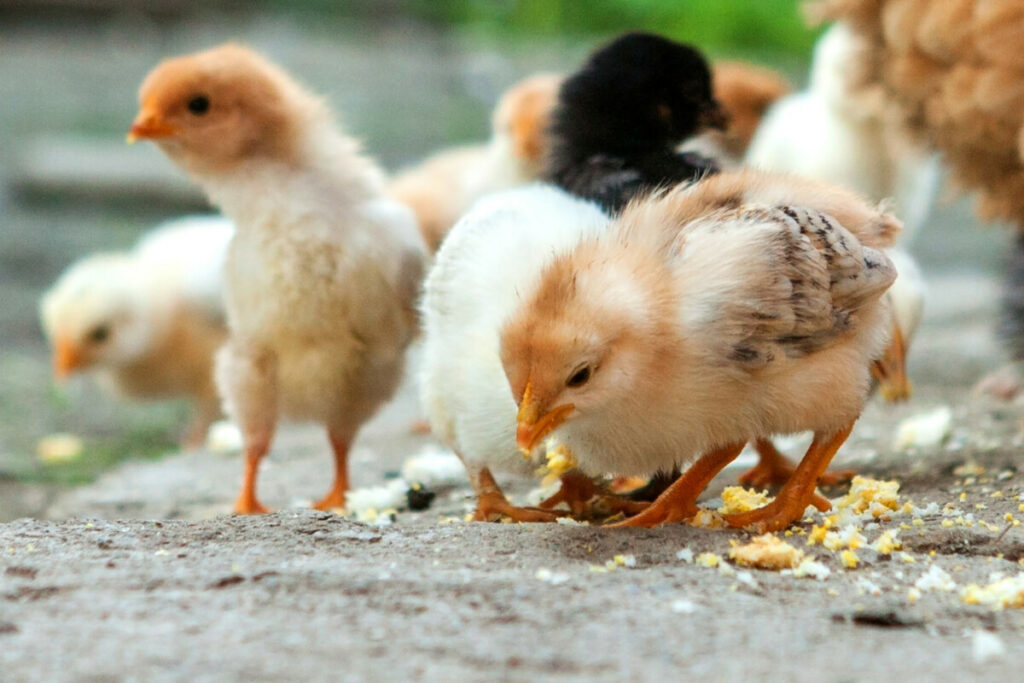
7 Reasons Why Your Baby Chick May Not Be Eating
It can be worrisome when you get new baby chicks and they are not eating properly. However, by noticing that they are not getting enough food you have already made the first and most important step of this process, noticing that they need your help to get the food they need to survive.
Once you have taken the steps to give them special treatment and have gotten some food down their throats it’s time to figure out why they haven’t been eating properly. Here are some of the most common reasons that baby chicks may have a loss of appetite, or may not be eating at all. Keep in mind that there are other more obscure things that may cause this behavior and that if you have serious concerns about your chicks’ health that it is best to speak to a vet or a professional with experience working with chickens.
Wrong Temperature
The first thing to check is the temperature of the enclosure that the chicks are staying in. A good sign is how the chicks are reacting to the heat lamp. If they are huddled around the lamp it is too cold and needs to be turned up. If instead the chicks huddle as far away from the lamp, it is too warm and the temperature needs to be lowered. In a properly warmed enclosure, you will see the chicks roaming throughout the space as well as eating and drinking regularly.
The heat lamp should specifically warm a section of your chicks’ enclosure and not warm another section. This will give your chicks the freedom to regulate their temperature as needed.
New chicks should be kept in an enclosure at 90-95°F for the first week. So make sure the heat lamp is low enough that the warmest section of the enclosure is around 95°F. You can raise the heat lamp each week after that to reduce the temperature up to 5°F per week.
Delays In Shipping
Chicks are shipped right after hatching to take advantage of the last egg nutrients. If the chicks are delayed while in shipping they may quickly move past this stage and into a stage called a “starve out”. If you suspect that your chicks have been hatched for several days and haven’t eaten, try and give them a couple of drops of sugar water. While it won’t solve the issue, the sugar can give the chicks a boost of energy to get them started eating and drinking like normal.
Stress
Another reason that chicks may not eat is stress. The stress of being in a new place or with a bunch of other chicks can cause them to withdraw. Take chicks that seem stressed and give them a separate place that is their own, but still near the other chicks. Try giving them water and food and gently pushing their beak into each to see if they will start eating. If they don’t you will need to follow the more intensive feeding steps found above.
Coccidiosis
Coccidiosis is a parasite found in poop. If your chicks are living in an unclean cage they may peck at their poop and become infected. Chicks with Coccidiosis may have bloody poop or become droopy, withdrawn, and stop eating. Chicks will need treatment from a vet and may never fully recover. To prevent this, make sure to clean droppings off the floor of the cage to keep the parasite from spreading.
Marek’s Disease
Chicks are generally vaccinated against this disease, but can occasionally still catch it. The disease can cause weight loss in chicks, with or without regular eating, and in extreme cases blindness or paralysis. Speak with your vet if you believe some of your chicks have Marek’s Disease.
Salmonella
While this may not be the same strain of Salmonella that you could catch, it still has a strong effect on young chicks. Symptoms include diarrhea, loss of appetite, and general fatigue. If you suspect a chick has caught Salmonella you need to have them tested by a vet immediately. Depending on where you live, if they have Salmonella you may lose your entire flock.
Pasty Butt
Pasty Butt is a common ailment that may cause issues with appetite. This is caused by droppings blocking the vent on the rear of the chick and causes constipation and sickness in chicks. To remove the blockage, use a cotton swab dipped in warm water to gently work the droppings free of the chick’s skin and feathers. Once clear make sure the chick is dry before returning to the enclosure with other chicks to prevent chilling.
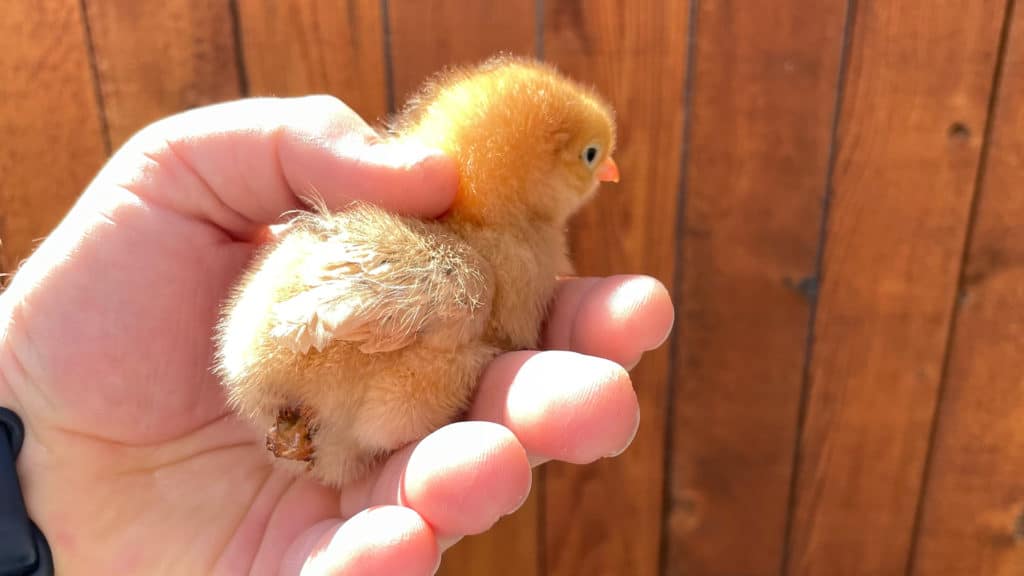

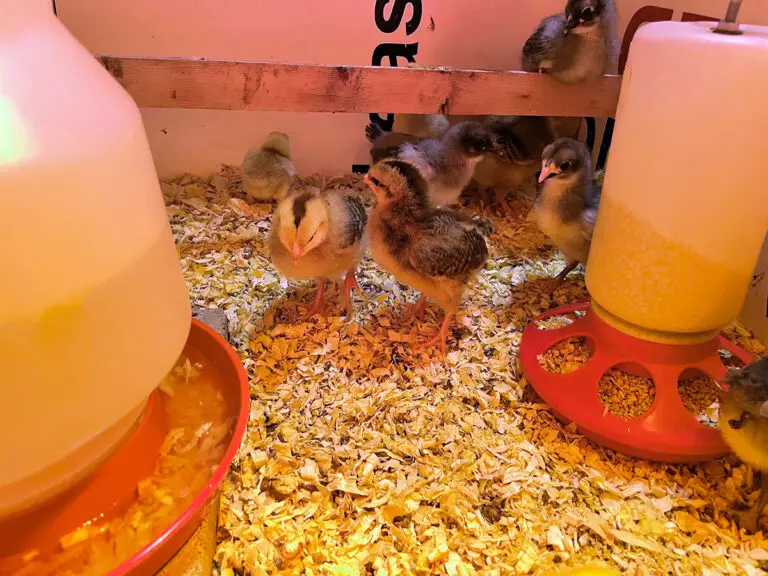
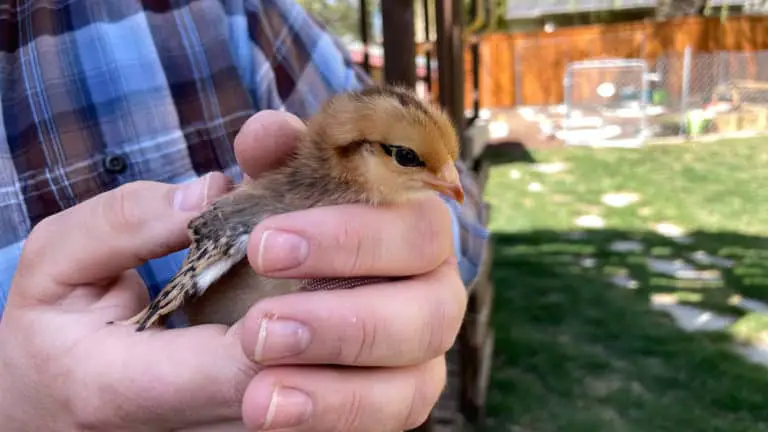
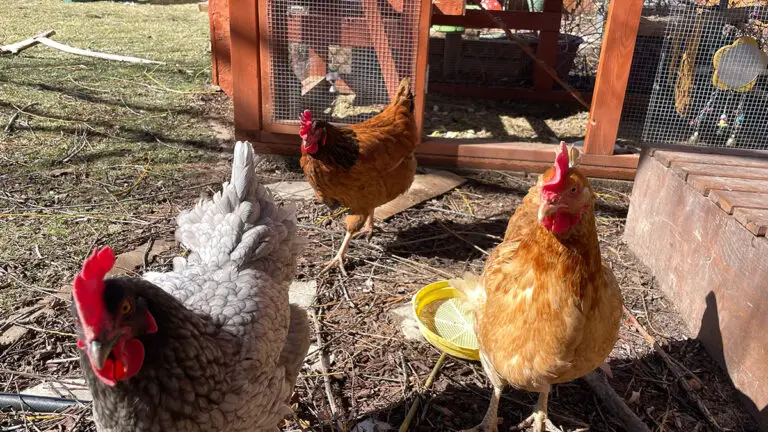
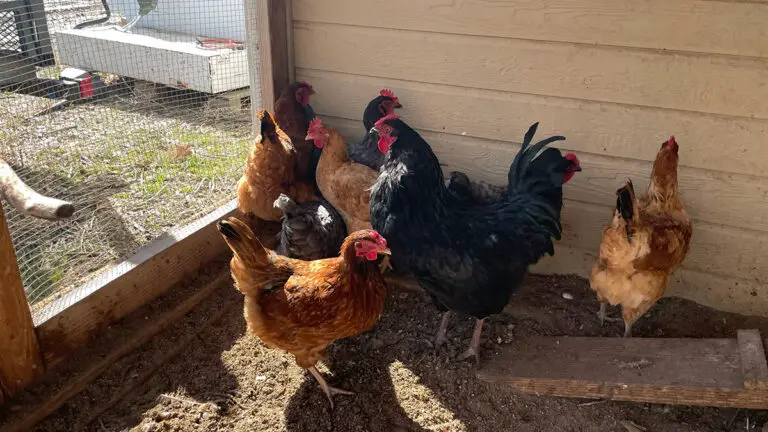
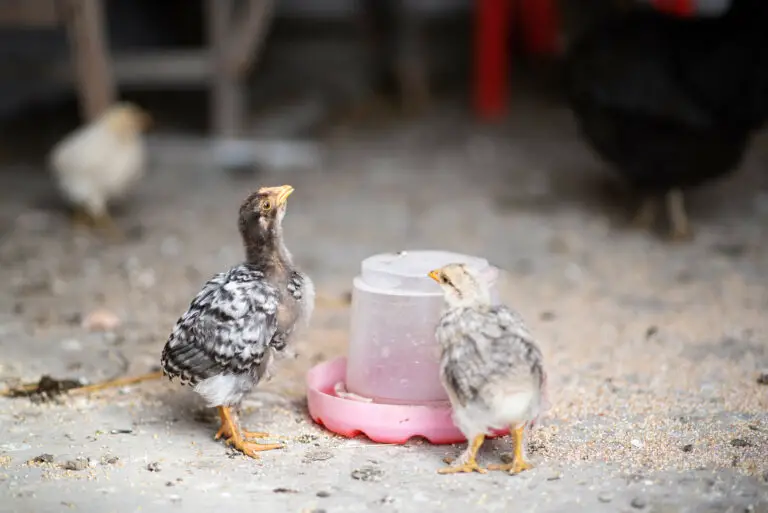
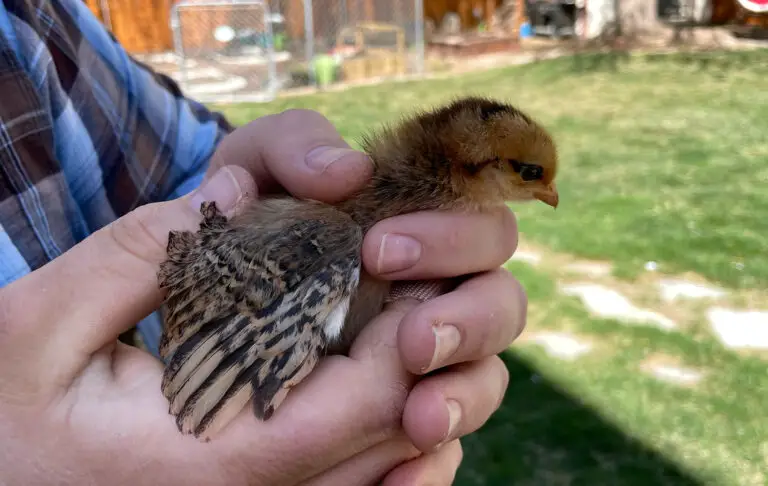
My 4Her has a baby chick born with spraddle leg that fixed in 48 hours of being braced. Will eat and drink out of a dropper perfectly fine but won’t take the initiative to go to the food and water to eat or drink by itself. Any suggestions would be great.